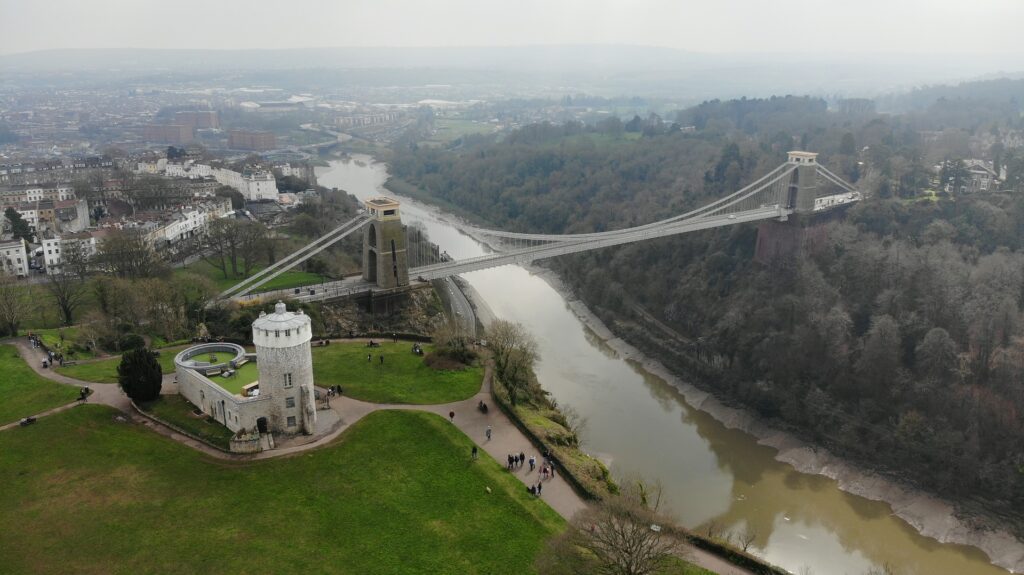Bristol City Council to introduce a category D Clean Air Zone (CAZ), Mayor Marvin Rees announces.
In 2020, the UK government ordered Bristol City Council to find the fastest way to improve the city’s air quality in order to meet legal limits.
The decision to implement a CAZ was not taken lightly, as it was previously hoped that measures introduced to help social distancing and encourage active travel would satisfy government requirements. In August 2020, the council announced that were looking for ‘alternative measures to improve air pollution without charging’.
However, in a Facebook Live Question Time on 13 January, Mayor Marvin Rees announced the charging scheme will be implemented.
It is expected that the scheme will cover a concentrated area of central Bristol. Here, older and more polluting commercial vehicles and private cars pay to enter.
This category D CAZ was one of two options the councils consulted on, the other being a medium category C CAZ: a larger charging zone where a fee is imposed on polluting commercial vehicles only.
According to proposals, any diesel vehicle not conforming to Euro 6 emissions standards will be subject to a CAZ charge. Generally, diesel cars registered with the DVLA after September 2015 meet Euro 6 standards.
Meanwhile, any petrol vehicle not conforming to Euro 4 emission standards will also need to pay a CAZ charge. Usually, petrol cars registered with the DVLA after January 2006, met this criteria.
If you are unsure where your vehicle falls, it is recommended you contact your vehicle manufacturer to check your vehicle’s standard.
Currently, it is unknown how much the charge will be.
Mayor Rees commented: ‘This is in line with our moral responsibility to deliver clean air in the shortest possible time but also that’s going to be tested legally because the legal requirement is to get to compliance in the shortest possible time.’





One thought on “Bristol to implement Clean Air Zone under new proposal”
Comments are closed.